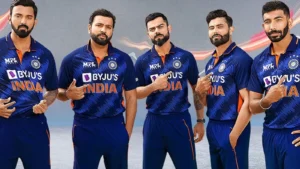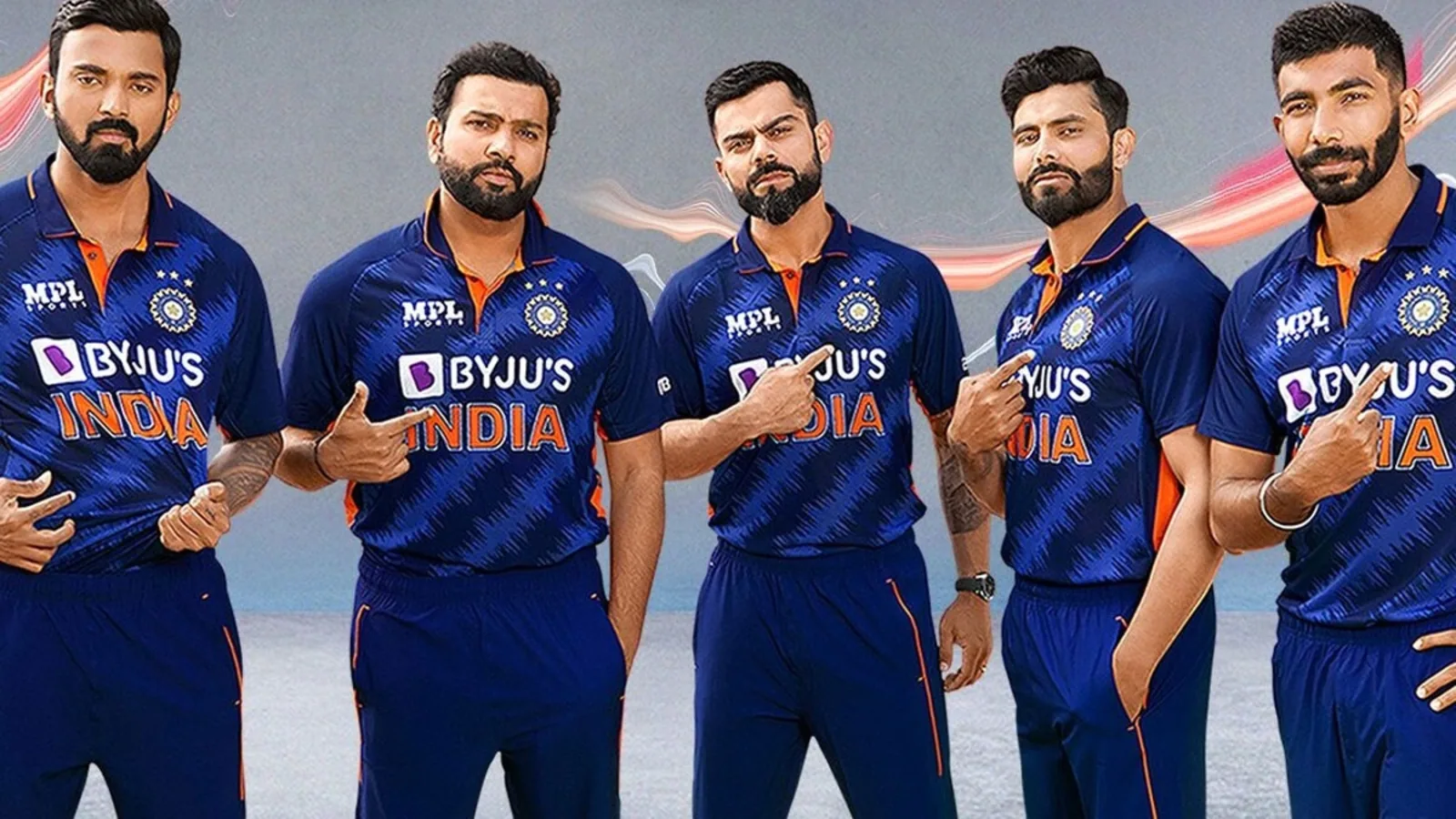“Why did India not win any ICC trophy since 2014?”
Since their triumph in the 2013 ICC Champions Trophy, the Indian cricket team has faced a persistent challenge – the inability to clinch an ICC trophy. Cricket enthusiasts around the world have questioned the reasons behind this trophy drought. In this article, we will delve into the factors that have hindered India’s success in ICC tournaments since 2014. By analyzing various aspects, including team dynamics, individual performances, strategy, and external factors, we aim to provide a comprehensive understanding of India’s struggles in international cricket.
Why did India not win any ICC trophy since 2014?
Team Composition and Formations: One of the crucial factors contributing to India’s trophy drought has been the composition and formations of the team. While the Indian team boasts incredible talent, there have been instances where team selection has raised eyebrows. Balancing experience and youth, finding the right combination of players for specific conditions, and managing injuries have all presented challenges. Additionally, the absence of a stable middle-order batting lineup and a consistent fast-bowling unit have impacted India’s chances in crucial moments.
Pressure and Nerves In ICC trophy
The weight of expectations and the pressure of performing at the highest level can affect any team, and India is no exception. In crunch situations, nerves have played a significant role in their performances. The fear of failure, especially in high-stakes knockout matches, has occasionally led to lapses in concentration and decision-making. Overcoming these mental hurdles and channeling the pressure into positive energy remains a crucial aspect that India needs to address
Adapting to Conditions:
The ability to adapt to varying playing conditions is vital for success in international cricket. While India has been dominant at home, their performances overseas, particularly in challenging conditions, have been inconsistent. Factors such as unfamiliar pitches, swing-friendly conditions, and different game plans employed by opposition teams have posed challenges that the Indian team has struggled to overcome consistently. Strengthening their adaptability and honing their skills to thrive in diverse conditions is a key area for improvement.
Strategic Approaches:
Another aspect that has influenced India’s trophy drought is strategic decision-making. Tactical errors in team selection, batting orders, bowling plans, and fielding placements have proven costly on several occasions. Captains and coaches play a pivotal role in formulating effective strategies, and India has faced criticism for their decision-making in crucial moments. Striking the right balance between caution and aggression, and being proactive in making game-changing decisions, is imperative for success in ICC tournaments.
Injuries and Fatigue:
Injuries and player fatigue have significantly impacted India’s campaigns in ICC tournaments. With a packed international cricket calendar, players often find themselves battling injuries and physical exhaustion. The absence of key players due to injuries at crucial stages of tournaments has disrupted team dynamics and affected India’s chances. Managing player workloads, providing adequate rest, and ensuring a fit squad will be crucial in overcoming this challenge.
External Factors:
Apart from internal challenges, external factors have also played a role in India’s trophy drought. Unpredictable weather conditions, scheduling constraints, and the pressure of playing in front of passionate crowds can affect team performance. Moreover, the stiff competition posed by other cricketing powerhouses adds to the challenge. Overcoming these external factors requires adaptability, mental strength, and effective planning.
Conclusion:
The reasons behind India’s failure to win an ICC trophy since 2014 are multi-faceted. Team composition, pressure, adaptability, strategic approaches, injuries, and external factors all contribute to this puzzle. Understanding and addressing these factors will be crucial for India to turn the tide and achieve success in upcoming tournaments. By analyzing past performances and implementing appropriate changes, the Indian cricket team can overcome the obstacles and restore their glory in ICC competitions. It is only a matter of time before India rises to the occasion
behind India’s failure to win an ICC trophy since 2014 are multi-faceted. Team composition, pressure, adaptability, strategic approaches, injuries, and external factors all contribute to this puzzle. Understanding and addressing these factors will be crucial for India to turn the tide and achieve success in upcoming tournaments. By analyzing past performances and implementing appropriate changes, the Indian cricket team can overcome the obstacles and restore their glory in ICC competitions. It is only a matter of time before India rises to the occasion
